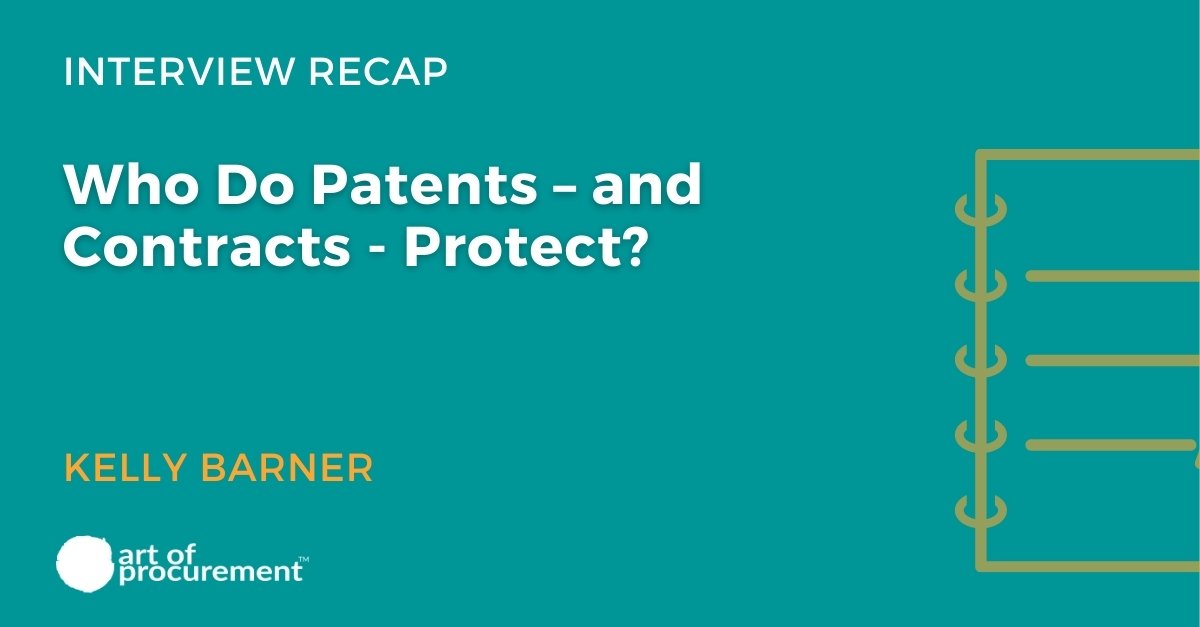
I recently had the opportunity to interview Wen Xie, an intellectual property attorney, about the World Trade Organization’s decision to approve a waiver of COVID-19 vaccine patent protections.
I had always thought of patents the mechanism through which large companies protect their trademarks and IP from smaller competitors. It turns out, I was wrong.
As Wen told me, “Really big companies have so much market power; they would actually like to get rid of the patent system because then they would get sued less. Patents really protect small and middle-sized companies.
She went on to explain that patents are less about protecting anyone else from accessing knowledge, and more about facilitating knowledge exchange by allowing information to be shared without loss of ownership.
“The very basis of a patent is making a public disclosure in return for an exclusive right,” she said.
Companies and individuals write an enabling disclosure in the patent application process. They effectively teach people what they know in order to secure their ownership of the idea. The alternative would lead them to consider every idea or innovation a trade secret. This would lead to less innovation, less learning, and less economic benefit for everyone.
Many innovations are based on the patents of others. Cross-industry advancements are made possible – and even accelerated – because companies can review each other’s patent disclosures. In some cases, partnerships are formed based on the specialized knowledge and experience of organizations that would otherwise be considered competitors.
Listening to Wen explain this made me rethink what contracts should do. If we look at contracts in the same way that I initially thought about patents – as a protective weapon to be wielded against others, we will get one set of ‘benefits,’ but if we take her more expansive approach, the opportunity can be so much greater.
We should think of contracts as creating a space where two companies that have chosen to work together can meet – with guardrails – to collaborate. And given the macroeconomic challenges present worldwide, we may need to do this more now than ever before.
If a contract does its job expansively, we should be able to exchange more information, engage in joint problem solving, and find fair and balanced ways to address and distribute risk.
Better still, we should approach each contract and supplier relationship differently from the outset… ensuring that both deliver maximum value and open the door to procurement driving desired business outcomes with a worthy and trusted partner.
If you are interested in watching or listening to my conversation with Wen Xie on Dial P for Procurement, click here.




